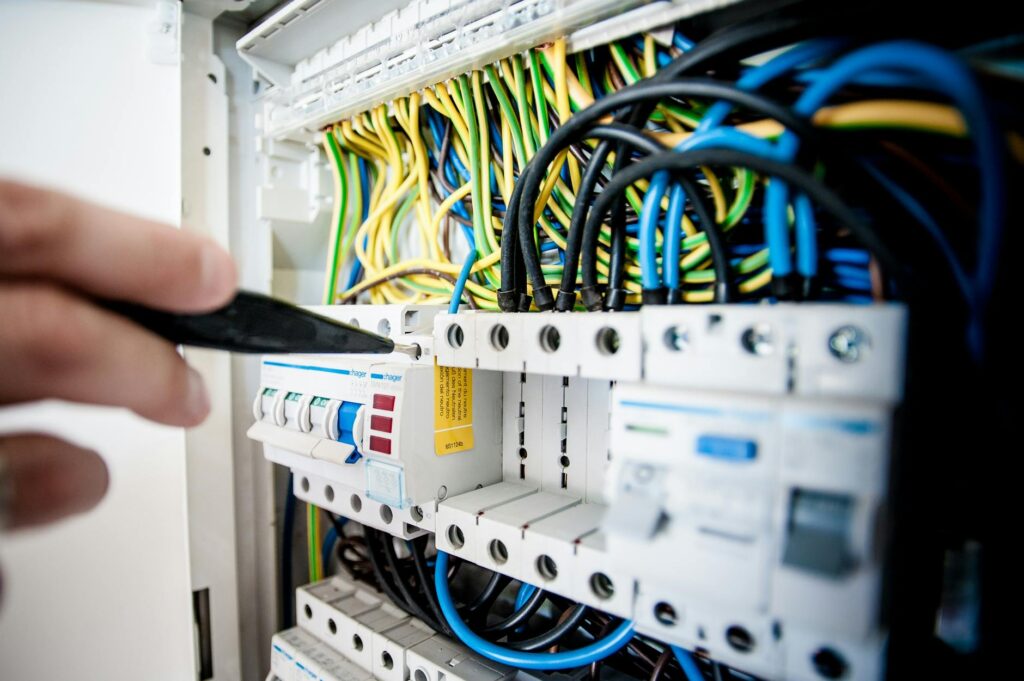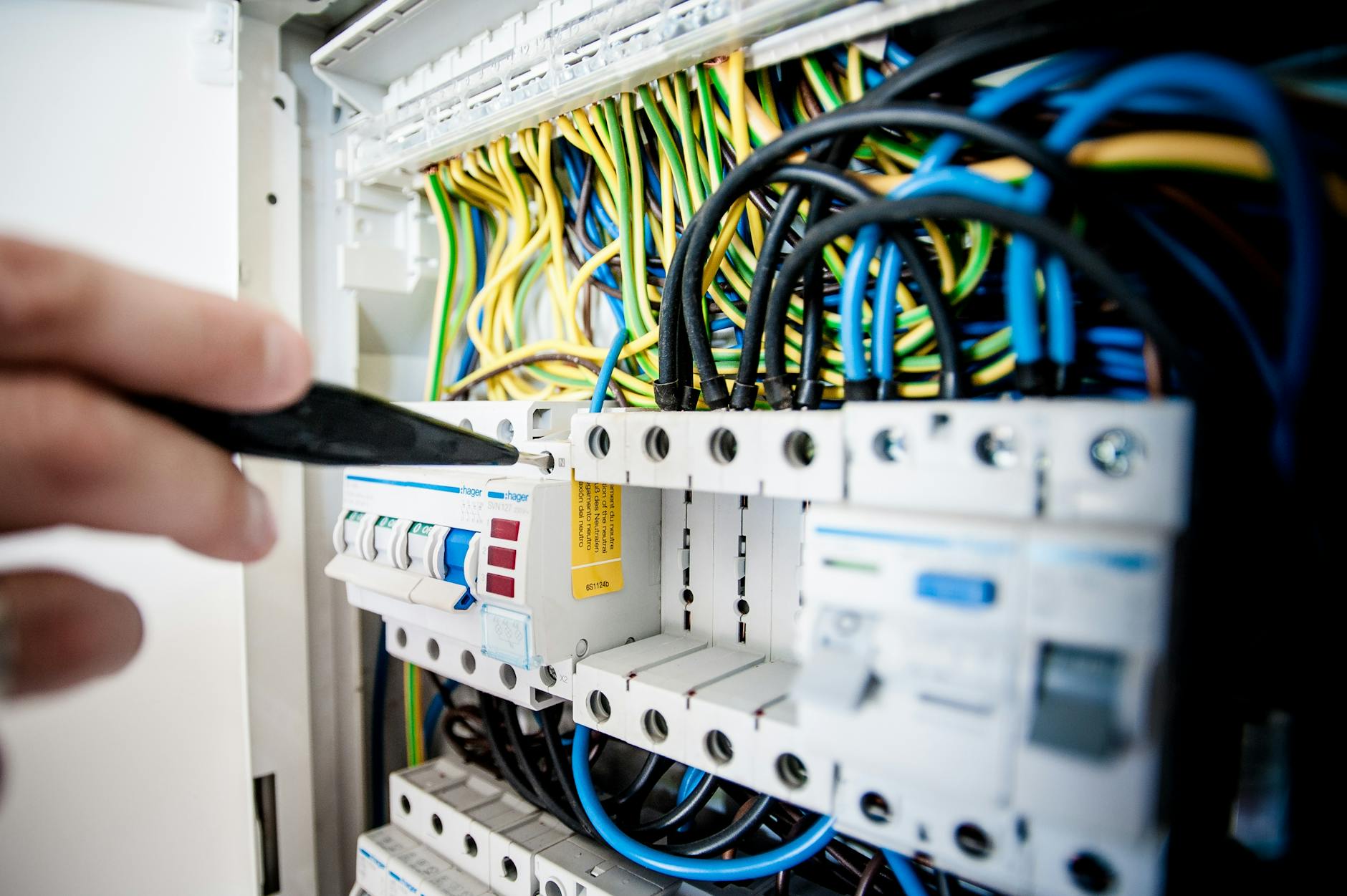What is energy management techniques?

What is energy management techniques?
In today’s fast-paced world, managing our energy effectively is crucial for maintaining productivity and achieving a healthy work-life balance. Energy management techniques offer practical strategies to harness our physical, emotional, and mental energy efficiently. By implementing these techniques, we can enhance our focus, reduce stress, and ultimately improve our performance in both personal and professional settings.
Understanding Energy Management Techniques
When we talk about energy management techniques, we’re referring to the methods that help individuals optimize their energy levels to maximize productivity and well-being. These techniques are relevant in various aspects of life, including work, study, and personal development.
Definition of Energy Management Techniques
Energy management techniques encompass a range of strategies aimed at regulating and optimizing energy use in our daily lives. These methods can include adjusting our physical environment, managing time effectively, and incorporating wellness practices. The key is to create a personalized approach that aligns with our unique energy patterns and needs.
Benefits of Implementing Energy Management Techniques
The advantages of employing energy management techniques are numerous. By embracing these practices, you can:
- Improve Productivity: When you manage your energy levels effectively, you’re likely to perform better at tasks and meet deadlines with ease.
- Reduce Stress: Implementing these techniques helps you maintain a balanced approach to work and personal life, reducing feelings of overwhelm.
- Enhance Focus: With better energy management, you’ll find it easier to concentrate on tasks, leading to higher quality work.
For a deeper understanding of how energy management can improve your daily life, check out resources from Accruent.
Types of Energy Management Techniques
Several categories of energy management techniques can help you optimize your energy levels for better performance.
Physical Energy Management
Physical energy management focuses on how your body influences your energy levels. Techniques in this category include:
- Exercise: Regular physical activity boosts energy levels by improving blood circulation and releasing endorphins.
- Nutrition: Eating a balanced diet rich in nutrients can provide sustained energy throughout the day. Foods like whole grains, fruits, and vegetables can help you avoid energy crashes.
Mental Energy Management
Mental energy management involves strategies to maintain focus and mental clarity. Some effective techniques include:
- Mindfulness: Practicing mindfulness can help you stay grounded and present, reducing anxiety and improving mental clarity.
- Cognitive Exercises: Engaging in puzzles and brain games can sharpen your cognitive skills, keeping your mind active and alert.
Time and Task Management Techniques
Effective time and task management can significantly impact your energy levels. To optimize this area, consider:
- Prioritizing Tasks: Use a task management system to identify and focus on high-priority tasks. This can prevent you from feeling overwhelmed and help you manage your time better.
- Time Blocking: Allocate specific times for tasks to create a structured workflow that allows for breaks, enhancing your overall energy and focus.
Practical Strategies for Implementing Energy Management Techniques
Now that you understand the benefits and types of energy management techniques, let’s explore actionable strategies to incorporate them into your daily routine.
Creating an Energy Management Plan
Developing a personalized energy management plan is a critical first step. To create your plan:
- Assess Your Energy Levels: Track your energy levels throughout the day to identify patterns.
- Set Goals: Define what you want to achieve, both in terms of productivity and well-being.
- Choose Techniques: Select techniques that resonate with you, such as exercise, mindfulness, or task prioritization.
Daily Routines to Enhance Energy Levels
Incorporating specific routines into your daily life can help maintain high energy levels. Here are some suggestions:
- Morning Rituals: Start your day with stretching or a short workout to boost energy.
- Regular Breaks: Take short breaks throughout your day to recharge. Step outside or practice deep breathing exercises to refresh your mind.
Measuring the Effectiveness of Energy Management Techniques
To ensure that your energy management techniques are working, it’s essential to evaluate their effectiveness periodically.
Setting Personal Benchmarks
Creating benchmarks can help you measure improvements in your energy management efforts. Consider tracking:
- Productivity Metrics: Record how much work you accomplish daily and identify trends.
- Well-being Indicators: Keep an eye on how you feel mentally and physically over time to gauge the impact of your techniques.
Feedback and Adjustment
Regular feedback is vital for continuous improvement. Ask yourself questions like:
- Are the techniques I’m using effective?
- What adjustments can I make to enhance my energy management?
By being open to feedback and willing to make changes, you can refine your approach and ensure that your energy management techniques remain effective.
Conclusion
Energy management techniques play a significant role in enhancing productivity and promoting a balanced lifestyle. By understanding these techniques and implementing practical strategies, you can optimize your energy levels and improve your overall quality of life. Start incorporating these methods today, and watch how your productivity and well-being flourish!

Photo by Pixabay